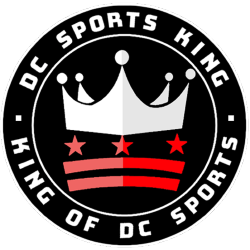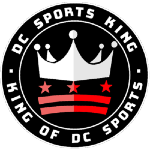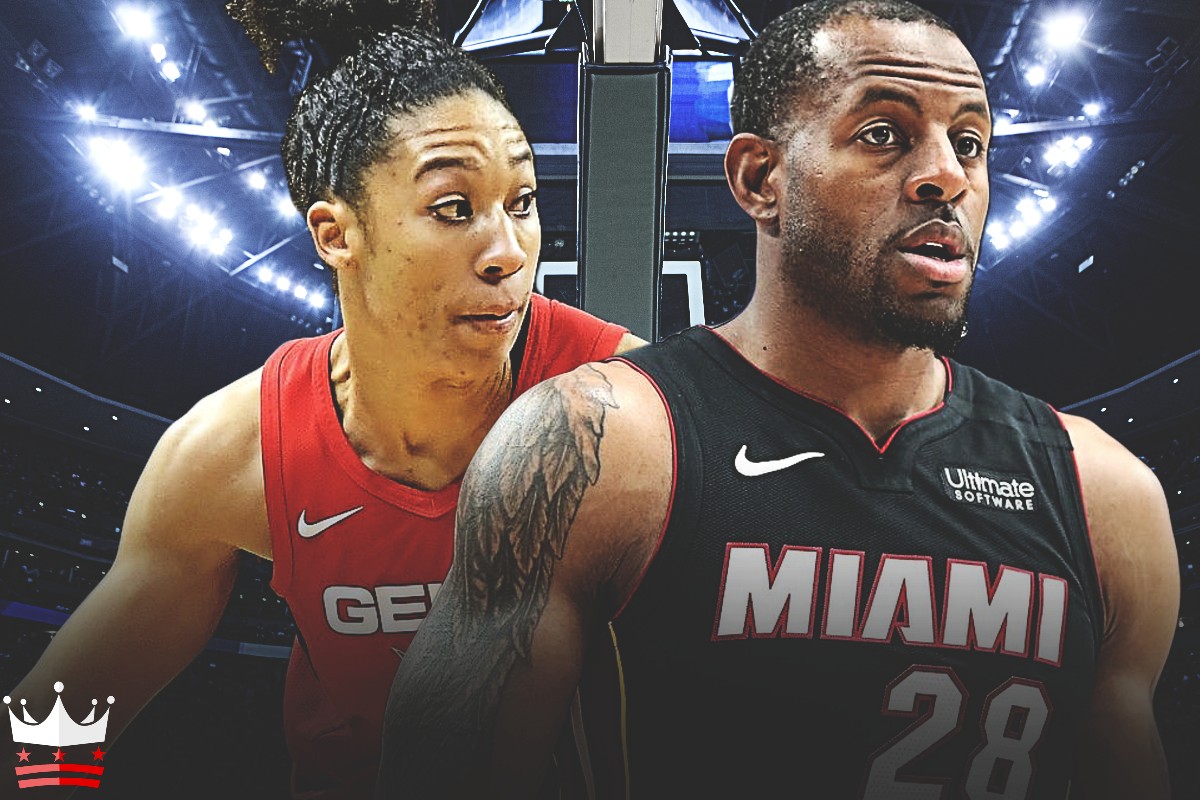Embed from Getty Images
The “aggressive offer” the Washington Nationals made to soon-to-be free agent Bryce Harper was for $300 million over 10 years with no opt outs, according to Chelsea Janes of the Washington Post.
The offer was for an annual average of $30 million. It’s unclear if the offer came with intent of Harper accepting or the club using a save face ploy to sway public opinion on losing Harper. The Nationals have an intriguing cheaper option of rolling out a starting outfield Opening Day that consists of Victor Robles, Adam Eaton, and Juan Soto. There’s an argument that would suggest Washington made an offer that they know other interested clubs can beat, and they would prefer to win the headlines and opinions of media and fans by saying they tried to keep a player they actually no longer wish to retain.
The Nationals are already in the luxury tax threshold. An unwanted position they’ve hit two seasons in a row. According to Janes’ initial report, they don’t want to be a third year in a row.
Meanwhile for Harper rejecting or tabling the offer was the smart play. There’s an argument that Washington’s $300 million offer is the best Harper may get. However, he and his agent Scott Boras don’t know that right now. Considering the big pocket teams such as the New York Yankees, Chicago Cubs, St. Louis Cardinals, and Philadelphia Phillies have reported interest, there’s a strong belief Harper’s market could rise to $400 million.
Rejecting Nationals’ initial offer may add $100 million to his account. And if, and that’s a strong if, the Nationals’ offer turns out to be best, it then puts the pressure back on Harper on the matter of does he really want to continue his baseball career in Washington.
Giancarlo Stanton’s $325 million over 14 years is a benchmark, but the deal was an extension not free agency and its average salary is not $30 million.
Adding a no-opt clause also makes the deal less attractive to Harper. And one the Nationals may have purposely added for the wanted rejection. Then again, the Nationals have always totted Harper as the face of the franchise. A no-opt out indicates they want Harper for the long haul, the next decade. However, what agent would willing let his client agree to such a clause at the prime age of 25 years old with a potentially growing free agent market.
Getting $300 million in 2018 and sticking to it through 2028 season is not a smart business decision given all the circumstances surrounding Harper and his case. Stanton got an opt-out and yes it was more so to give Stanton a way out of the shaky Miami Marlins’ history with tanking. Harper wouldn’t necessarily have the same concerns, but he is certain to garner a second market-value deal in his career given his age. Giving him the option to get out of a deal and seek the rising cost for his talent is best for business from the player and agent’s standpoint.
Is Harper as good as gone from Washington after rejecting the offer?
The answer cannot be a definitive yes. But it’s a sign, even if the Nationals made it in good faith.





















